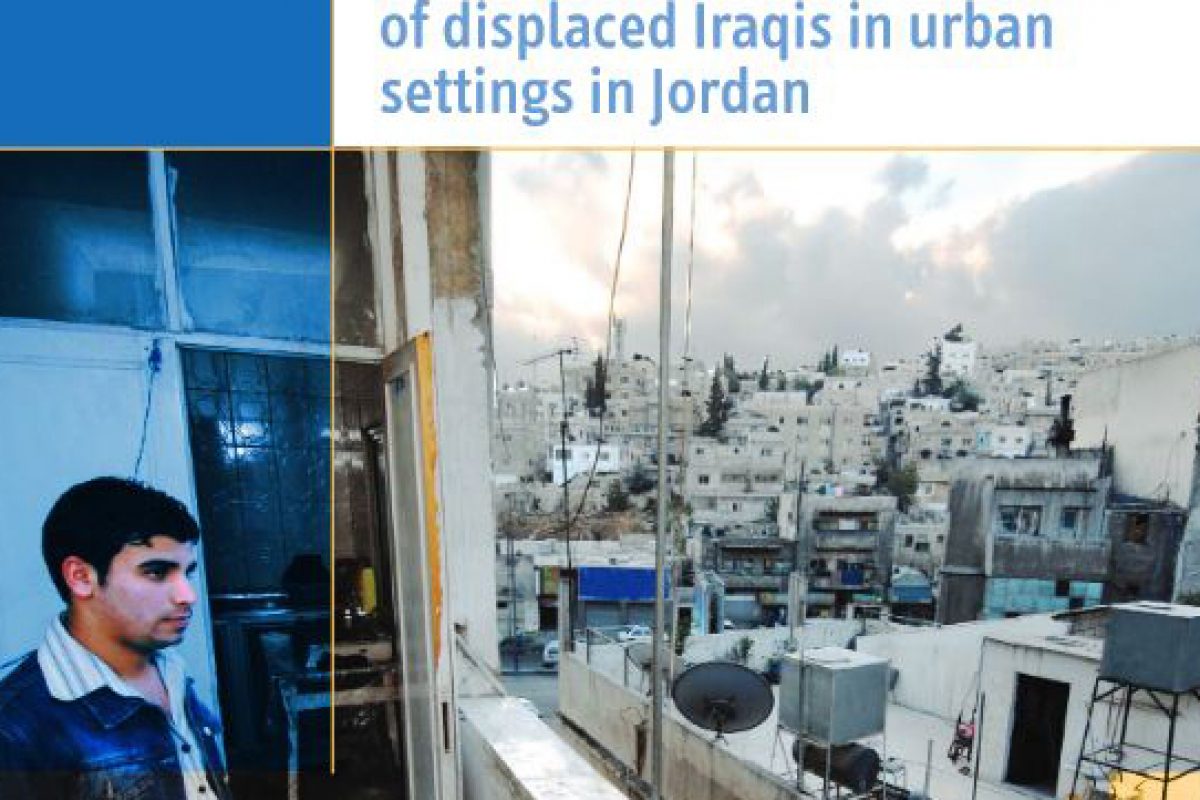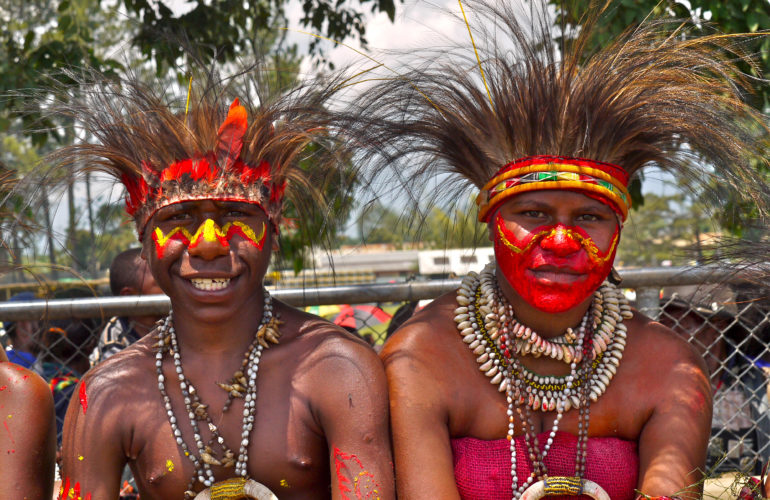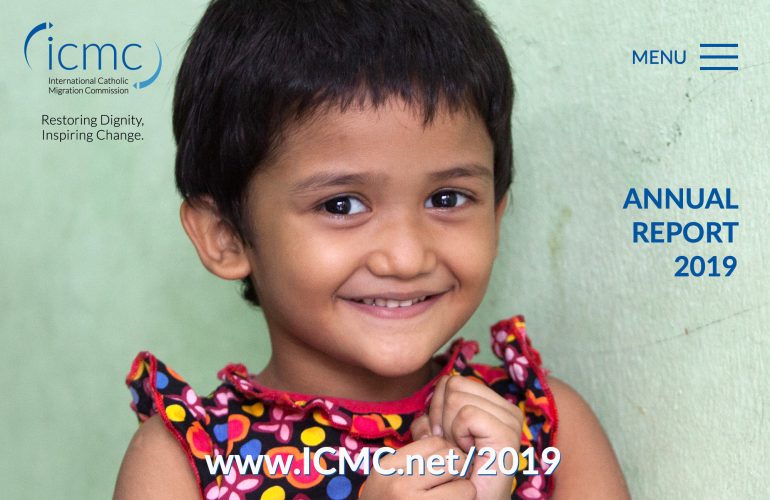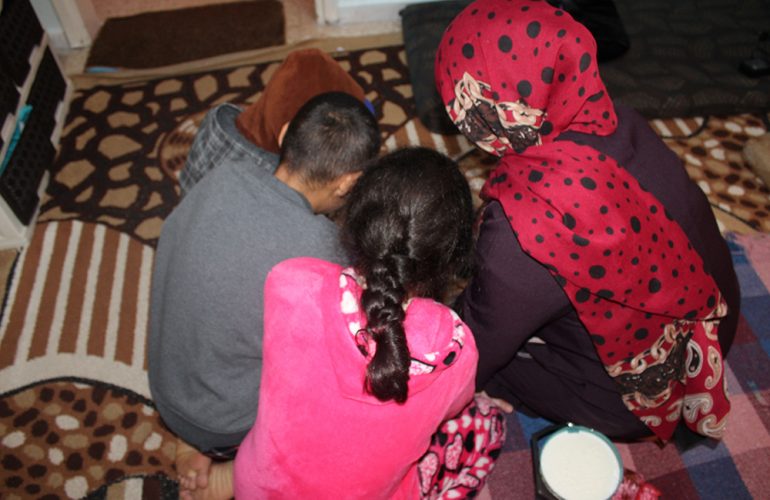Protection, Mobility and Livelihood Challenges of Displaced Iraqis in Urban Settings in Jordan

That the great majority of Iraqis in Jordan choose to live in its cities is clear. What also is clear is that for most of those displaced, whether a function of their individual thinking or of government policy, the choice to stay in Amman or some other city is not, or manifestly cannot be, permanent.
Indeed, only a few have been able to obtain long-term residency or immigrant status; only a relatively small number are even registered as refugees or asylum seekers.
Indeed, only a few have been able to obtain long-term residency or immigrant status; only a relatively small number are even registered as refugees or asylum seekers.
This study was prepared by ICMC with the support of the Swiss Department of Foreign Affairs. It examines the motivations, current context and effects of both the Iraqi displacement and this conspicuous urban preference, framing central issues and approaches to assistance and protection for the Iraqis during their displacement and beyond.
Concluding that short-term humanitarian approaches focused on relief, are, by nature, insufficient for addressing the long-term challenges posed by this particular displacement situation, an alternative approach is suggested. The result is a set of four practical recommendations that can help to lay the foundation for durable solutions, recommendations to: restore mobility, restore families and communities, restore livelihoods and prepare preconditions for safe, dignified and voluntary return.
- Read the report.


